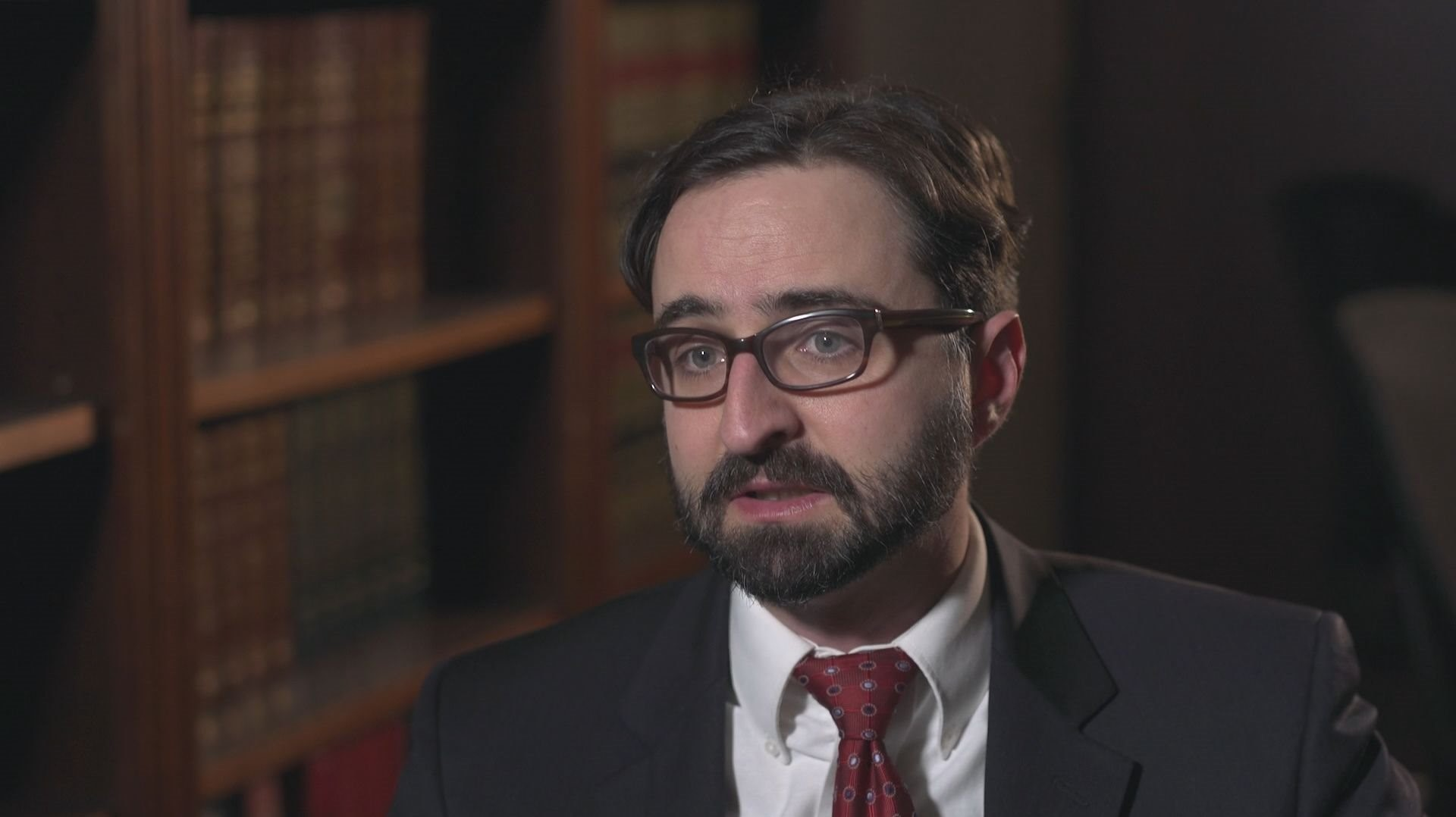If Chicago is the Second City, Cleveland is easily the City of Second Chances.
Just look inside City Hall.
There’s Sabra Pierce Scott. As a City Council member, she took a $2,000 bribe from a developer. In 2011, she pled guilty in federal court and got probation and house arrest.
Shortly afterward, Mayor Frank Jackson welcomed her back to City Hall with a $55,000-a-year job.

And then just last year, Pierce Scott got a new position, when Jackson tabbed her as his first-ever director of quality control and performance management.
The city defends the hire – and others – as a sign of Jackson’s belief in second chances.
That belief transcends the city’s participation in a national movement to ‘Ban the Box.’
More than 150 cities and counties, along with 30 states, have passed legislation banning questions about criminal records in the initial application process for government jobs.
Ohio and 15 cities and counties in the state have approved Ban the Box legislation. The laws apply to public employee job applications and not private companies.
Cleveland was the second city in Ohio to Ban the Box.
“I have, in the past, asked for other employers to give those convicted of a felony a fair shot at obtaining employment,” Jackson said in 2011, when announcing the policy change. “I hope that others will consider banning the box on job applications.”
Recently, Jackson declined to answer any questions about the policy and how well it has worked for the city and its residents.
Stephen JohnsonGrove, an attorney with the Ohio Justice & Policy Center, worked with Cleveland City Hall leaders to help formulate its policy. The office has also helped several other cities implement their own policies.
“[Cleveland] really wanted to open up the job market for people with criminal records,” he said.
Indeed, Cuyahoga County is home to the state’s largest population of residents with arrest records. About one in five of the workforce has a criminal record.

JohnsonGrove pointed out that state crime laws can sometimes unfairly label a citizen a felon. For example, he cited laws for writing a bad check that can result in a felony record.
While past generations blocked or discouraged hiring someone convicted of a crime, a new mantra embraces and encourages second chances.
That’s why questions about criminal records are no longer part of the initial application process in Cleveland. Criminal history, however, is reviewed as the application process progresses.
“Their applications won’t get junked just because they checked a box,” JohnsonGrove said. “When you say felons, people have in their mind a boogey man of sorts. They're people first. People.”
That’s why Councilman Blaine Griffin helped Antonio Peterson, the so-called Godfather of the Heartless Felons street gang, land a job with the city streets department. Peterson has a felony record for aggravated robbery. He now moves snow and fills potholes.
"Antonio has come back into this community. He has been an asset to this community. He has worked hard,” Griffin said.
Lance Mason is getting his second chance. A former county judge, Mason served time in prison for violently attacking his wife during a domestic quarrel witnessed by his young children.
Last year, Mason was hired as a minority business development administrator.
Another high-ranking administrator in City Hall has been arrested twice since 2013—once for soliciting a prostitute and another for domestic violence. Dedrick Stephens, however, remains the city’s commissioner in charge of licenses and assessments.
Finally, another high-profile arrest involved assistant law director Christopher Heltzel. He was arrested twice for alcohol-related offenses.
A Jackson spokeswoman said the city does not track the performances of “second chance” employees separately as a group. And it is unclear how many municipal workers have a criminal record.
“By removing this question, applicants can be sure that they will not be automatically excluded for consideration for a job because of their past mistakes,” Jackson said in 2011.

